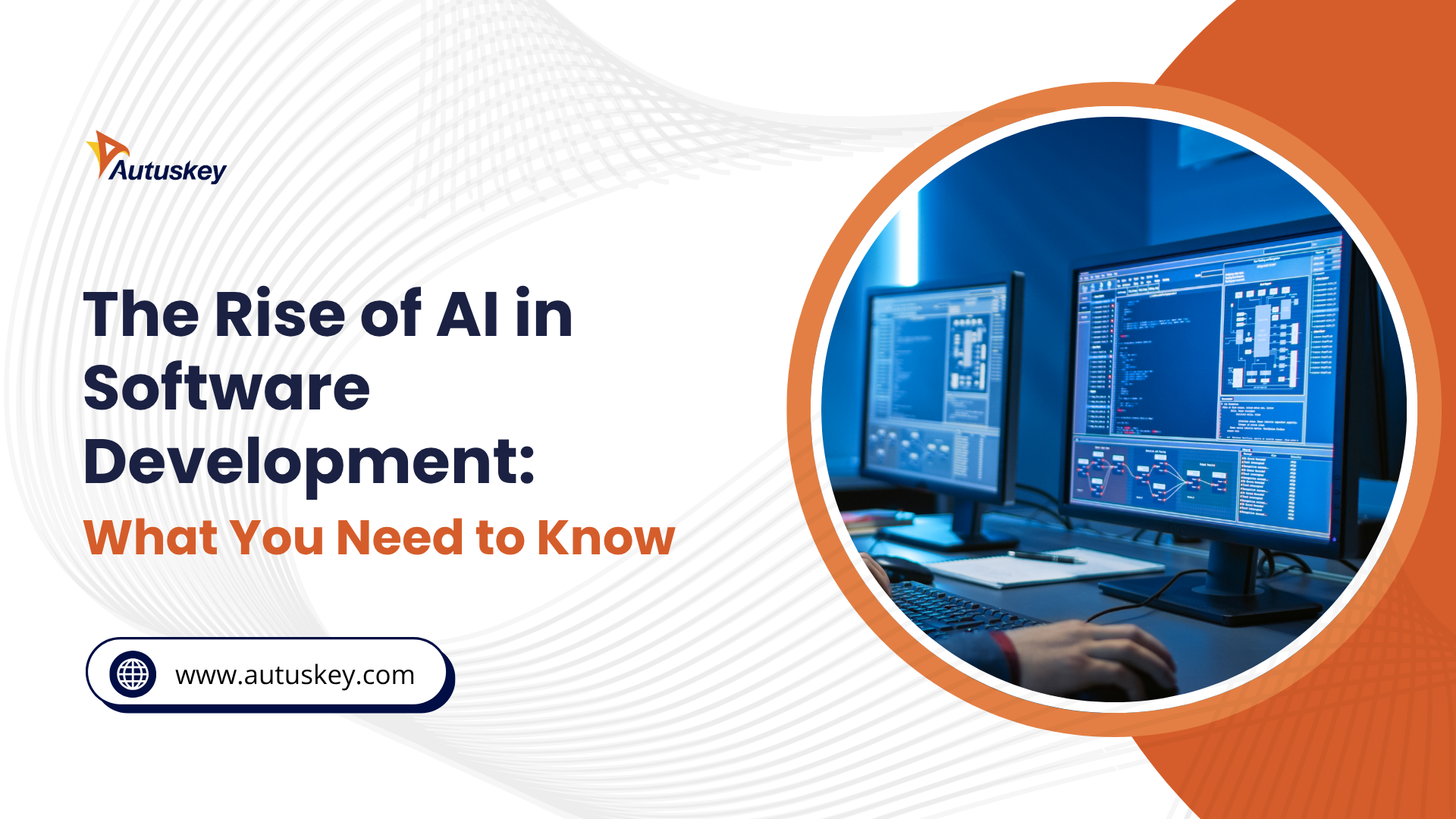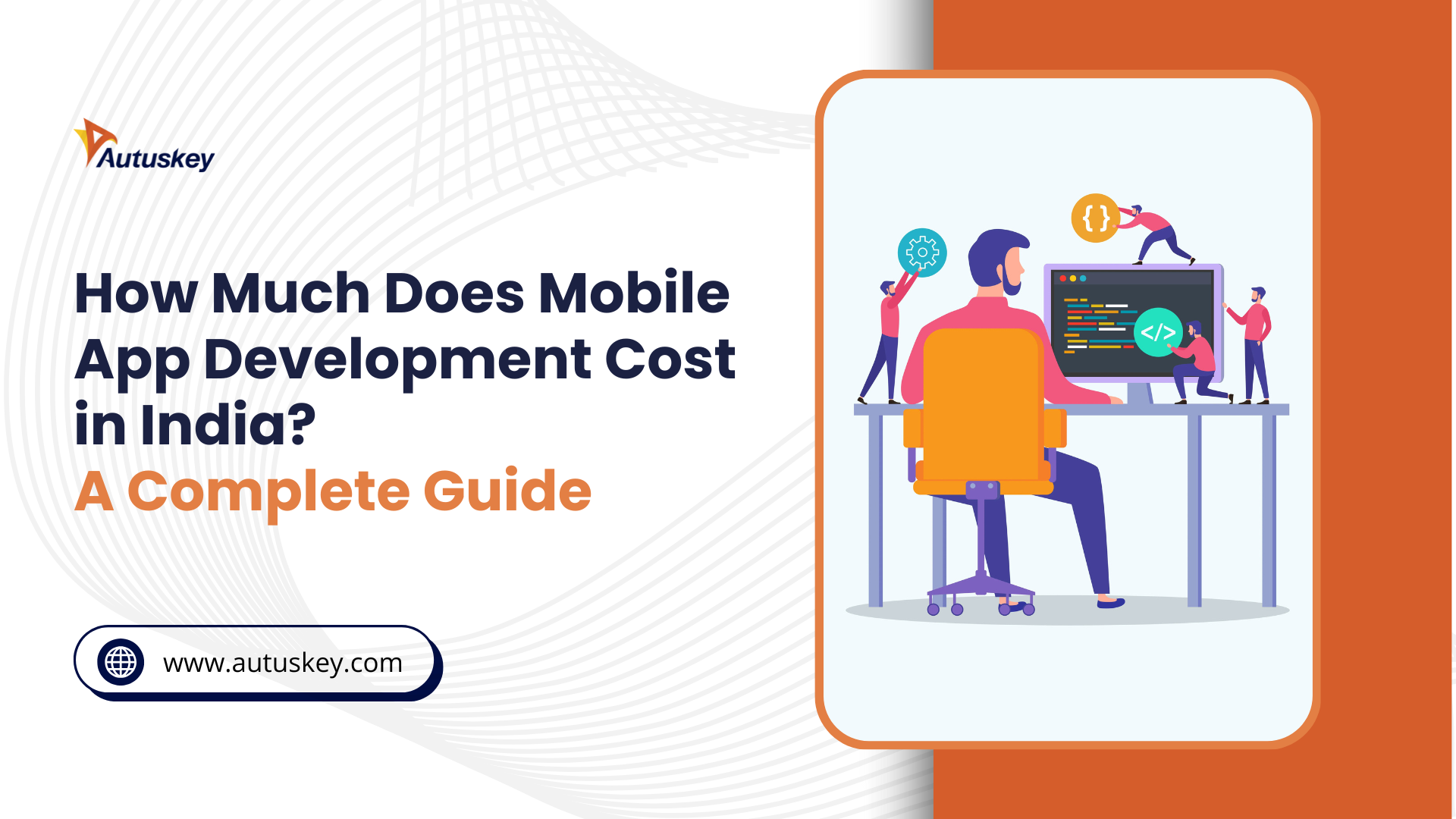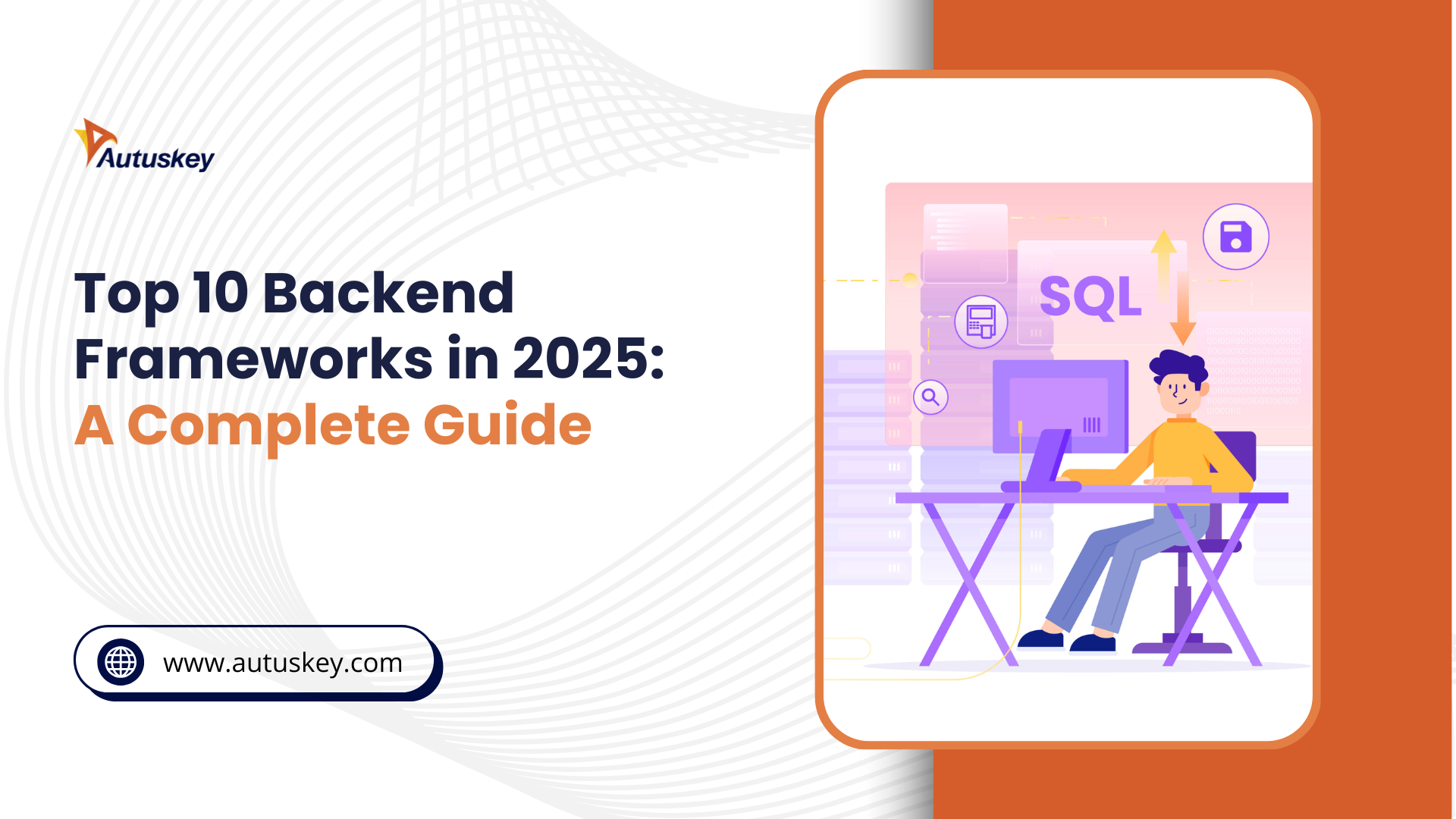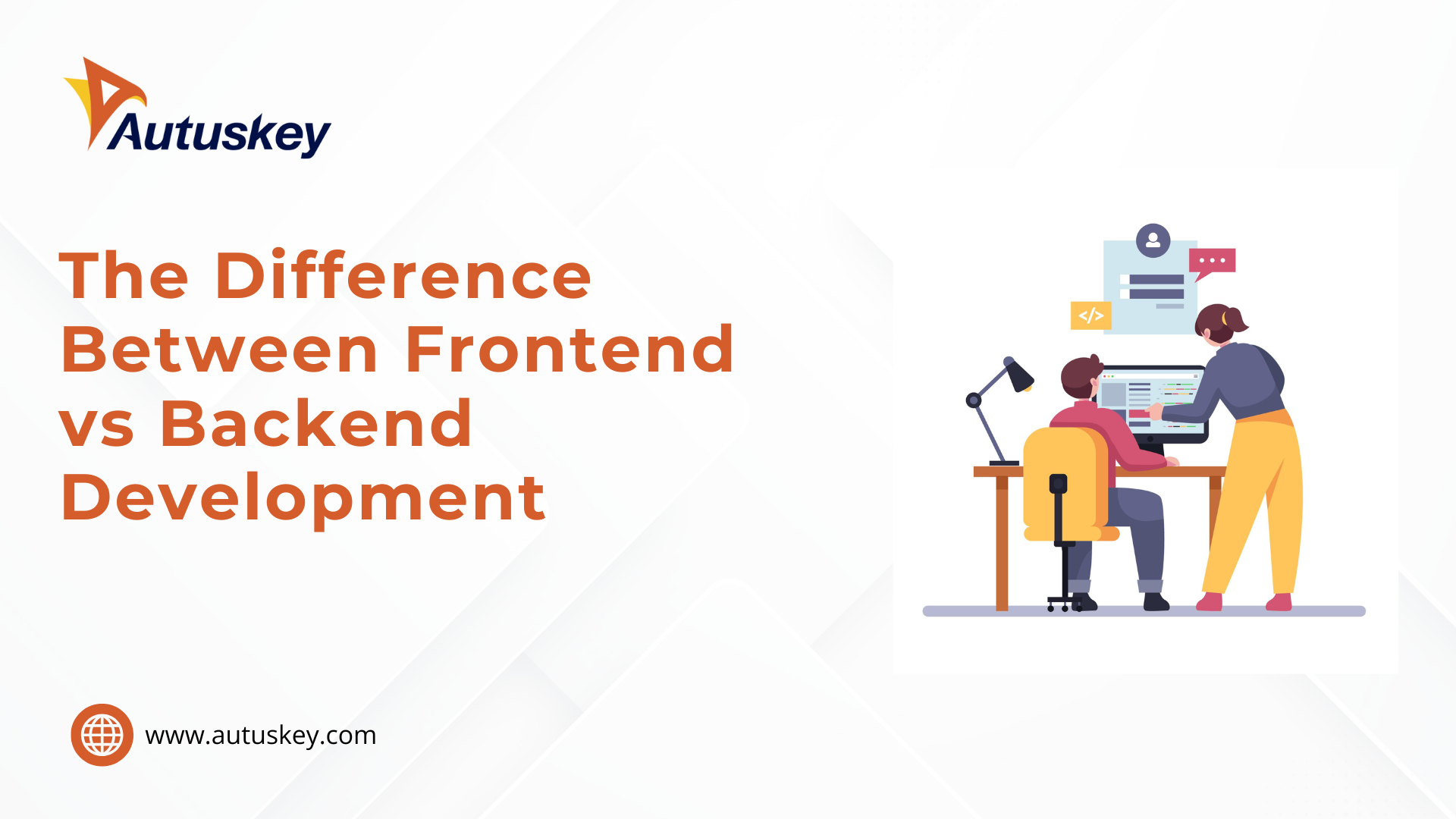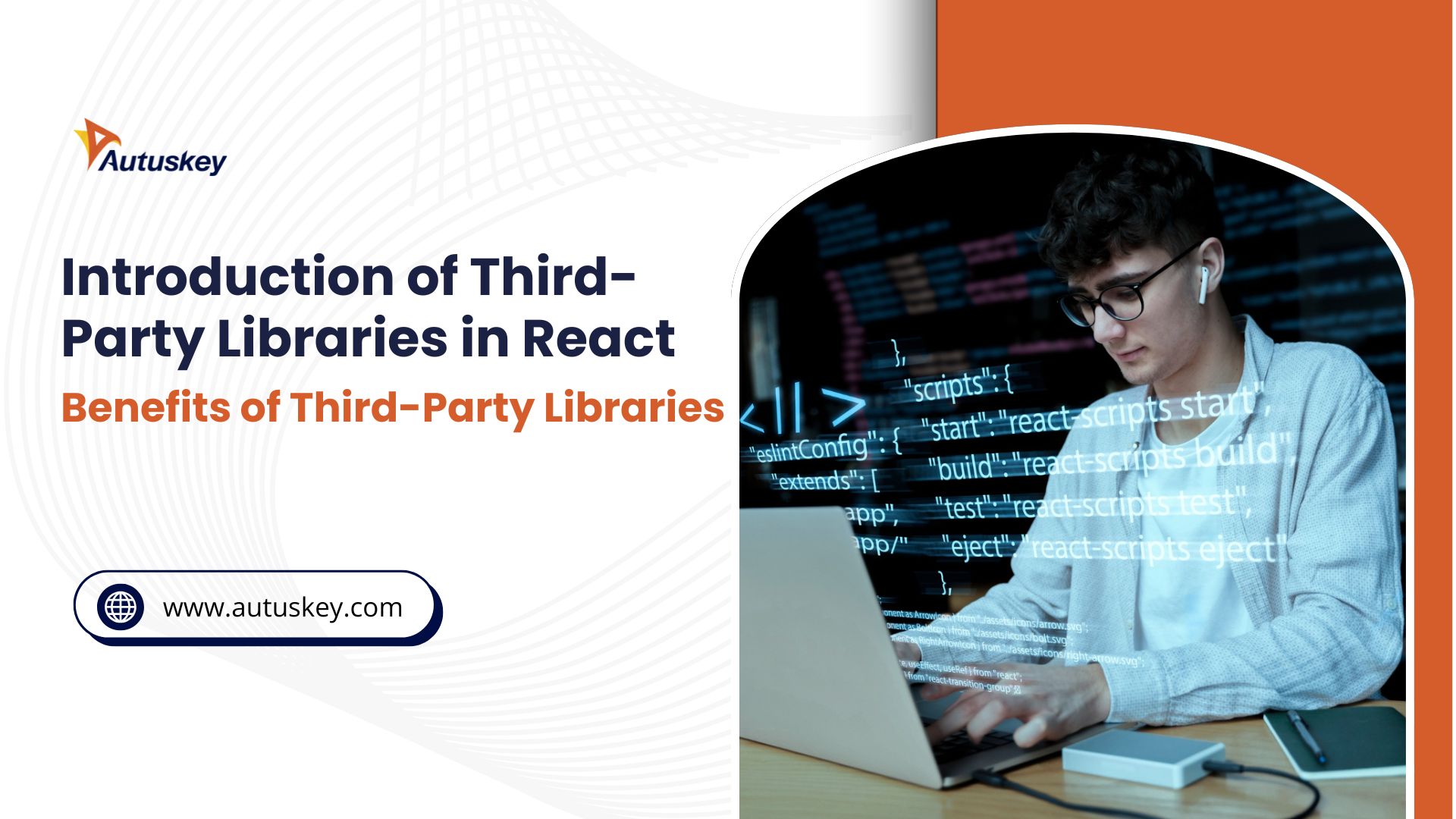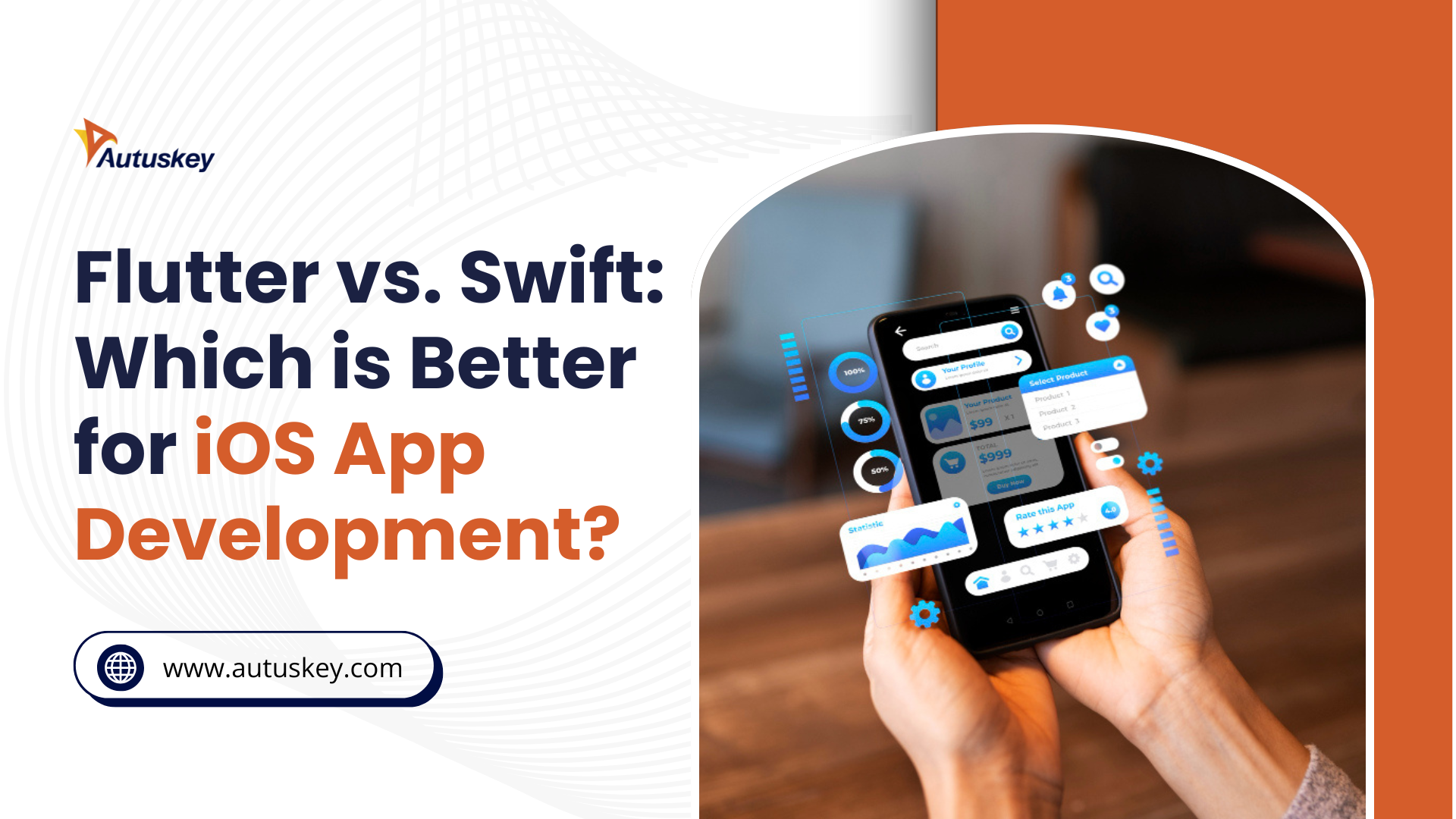The integration of artificial intelligence into programming workflows has fundamentally transformed how we approach software creation. AI in development is no longer a luxury but a necessity for staying competitive in the rapidly evolving tech landscape.
Stack Overflow Insights states that 70% of developers globally use AI in their software development processes or intend to do so in the next two years, representing a significant jump from previous years.
onsequently, organizations that embrace AI in software development are witnessing unprecedented improvements in productivity, code quality, and time-to-market.
Nevertheless, this technological revolution brings both opportunities and challenges that every developer, team lead, and organization must understand.
As we delve deeper into this transformation, it becomes clear that AI in software development is reshaping everything from initial code generation to final deployment strategies.

How AI Is Changing Software Development
The landscape of AI in software development has evolved dramatically, transforming traditional programming methodologies into intelligent, automated processes.
Specifically, artificial intelligence is revolutionizing how developers approach coding, project management, and quality assurance. Furthermore, this shift represents one of the most significant changes in software engineering since the advent of object-oriented programming.
From Manual Coding to AI-Powered Suggestions
Traditional coding required developers to manually write every line of code, often spending countless hours on repetitive tasks and boilerplate implementations.
However, AI in software development has introduced intelligent code completion and generation capabilities that accelerate the development process exponentially.
Modern AI-powered tools can understand context, predict developer intent, and generate entire functions based on natural language descriptions.
These AI systems learn from millions of code repositories, enabling them to suggest optimal solutions and identify potential improvements in real-time.
Consequently, developers using AI in software development tools report significant increases in coding speed and accuracy.
Additionally, AI can automatically detect common coding patterns and suggest more efficient alternatives, ultimately leading to cleaner, more maintainable codebases.
The transformation extends beyond simple autocomplete features. Indeed, AI in software development now encompasses intelligent refactoring suggestions, automated documentation generation, and even architectural recommendations.
Therefore, developers can focus on high-level problem-solving while AI handles routine coding tasks.
Intelligent Project Management
AI in software development has revolutionized project management by introducing predictive analytics, automated task allocation, and intelligent resource optimization.
Traditional project management relied heavily on human estimation and manual tracking, often resulting in delays and budget overruns.
However, AI-powered project management tools can analyze historical data, team performance metrics, and project complexity to provide accurate timeline predictions.
Furthermore, intelligent systems can automatically assign tasks based on team members' expertise, current workload, and availability.
AI can identify potential bottlenecks before they occur, allowing project managers to proactively address issues. Check out the best tools for IT project management that every business owner must know.
These systems also provide real-time insights into project health, automatically generating reports and highlighting areas that require attention.
Consequently, teams implementing AI in software management solutions experience improved delivery times, better resource allocation, and enhanced overall project success rates.
Popular AI Tools for Developers
The ecosystem of AI in software development tools has expanded rapidly, offering developers a comprehensive suite of intelligent assistants and automation platforms.
These tools range from code generation assistants to comprehensive development environments powered by artificial intelligence. Furthermore, the adoption rates demonstrate the significant impact these tools have on modern development workflows.
GitHub Copilot, CodeWhisperer, and Beyond
GitHub Copilot stands as the most prominent example of AI in development tools, with remarkable adoption statistics that underscore its effectiveness.
According to the GitHub Blog, 81.4% of developers installed the GitHub Copilot IDE extension on the day they received their license, and 67% use Copilot at least five days per week.
Amazon CodeWhisperer represents another significant player in the AI in software development landscape, offering real-time code suggestions and security vulnerability detection.
Similarly, tools like Tabnine, Kite, and newer entrants like Replit's Ghostwriter are expanding the ecosystem of intelligent coding assistants. These platforms leverage advanced machine learning models trained on vast codebases to provide contextually relevant suggestions.
Beyond code generation, AI in software development tools includes intelligent testing frameworks like Testim and Applitools, which use AI to create and maintain automated test suites.
Additionally, tools like DeepCode and SonarQube employ artificial intelligence to identify security vulnerabilities and code quality issues automatically. Consequently, some of the best developers have access to an entire toolkit of AI-powered solutions that address every aspect of the software development lifecycle.
Benefits of AI in Programming
The implementation of AI in development delivers measurable benefits that extend far beyond simple productivity improvements. Organizations worldwide are reporting significant returns on investment, improved code quality, and enhanced developer satisfaction.
Productivity Gains & Code Quality
AI in software development has demonstrated a remarkable impact on developer productivity, with research showing substantial improvements across multiple metrics.
Additionally, AI in development tools contributes to improved code quality through intelligent suggestions and automated code reviews.
AI systems can identify potential bugs, security vulnerabilities, and performance issues before they reach production environments.
Moreover, these tools ensure consistency in coding standards and best practices across development teams.
The quality improvements extend to documentation and code maintainability.
AI in software development platforms can automatically generate comprehensive documentation, explain complex code sections, and suggest refactoring opportunities.
Consequently, codebases become more readable, maintainable, and accessible to new team members.
Time-Saving Automation
Automation represents one of the most significant advantages of AI in software development, eliminating repetitive tasks that traditionally consumed substantial developer time.
AI-powered tools can automatically generate boilerplate code, create unit tests, and even implement entire features based on specifications.
This automation allows developers to focus on creative problem-solving and architectural decisions.
Furthermore, AI in development enables automated code reviews, deployment processes, and monitoring systems.
These automated workflows reduce the time between development and production while maintaining high-quality standards. Additionally, AI can automatically optimize database queries, suggest performance improvements, and identify resource bottlenecks.
The cumulative effect of these time-saving features is substantial. Organizations implementing comprehensive AI in software development solutions report development cycle reductions, enabling faster time-to-market and improved competitive positioning.
Moreover, the reduced manual work leads to higher developer job satisfaction and reduced burnout rates.
Ethical & Technical Challenges
While AI in software development offers tremendous benefits, it also presents significant challenges that organizations must address proactively. These challenges span ethical considerations, technical limitations, and organizational changes required for successful AI integration.
Furthermore, addressing these challenges is crucial for sustainable and responsible AI adoption in software development environments.
Data Privacy and Security
AI in software tools often requires access to proprietary codebases and sensitive business logic, raising important privacy and security concerns.
Organizations must carefully evaluate how AI systems handle, store, and potentially share their intellectual property.
Security vulnerabilities represent another critical aspect of AI in software development implementation. AI-generated code may inadvertently introduce security flaws if not properly reviewed and tested.
Organizations implementing AI in development must establish clear policies regarding data sharing, code review processes, and AI tool selection.
Furthermore, they need to ensure compliance with industry regulations and implement appropriate safeguards to protect sensitive information while still benefiting from AI capabilities.
Human Oversight and AI Dependence
The integration of AI in software development raises important questions about maintaining human expertise and avoiding over-dependence on automated systems.
While AI tools excel at generating code and identifying patterns, they lack the contextual understanding and creative problem-solving abilities that human developers bring to complex projects. Consequently, organizations must strike a balance between AI efficiency and human oversight.
There's also concern that excessive reliance on AI in development tools might lead to skill atrophy among developers. Junior developers, in particular, might miss crucial learning opportunities if they rely too heavily on AI-generated solutions without understanding the underlying principles.
Therefore, organizations need to implement training programs that complement AI tools with fundamental programming education.
Additionally, AI in software development systems can perpetuate biases present in their training data, potentially leading to discriminatory or suboptimal solutions.
Human oversight remains essential for identifying and correcting these issues, ensuring that AI-generated code meets ethical standards and business requirements.

The Future of AI in Software Engineering
The trajectory of AI in development points toward even more sophisticated and integrated solutions that will fundamentally reshape software engineering practices.
Industry projections suggest that AI might eliminate 85 million jobs but create 97 million new ones by 2025, indicating a transformation rather than replacement of human roles.
Furthermore, global AI spending is projected to reach $337 billion by 2025, with significant portions allocated to development tools and platforms.
Human-AI Collaboration in Development
The future of AI in software development lies not in replacing human developers but in creating powerful collaborative partnerships between artificial intelligence and human creativity.
This collaboration model leverages AI's strengths in pattern recognition, code generation, and optimization while preserving human expertise in problem-solving, creativity, and strategic thinking.
Moreover, this symbiotic relationship promises to unlock unprecedented levels of productivity and innovation.
Advanced AI in software systems will understand natural language requirements and translate them into functional code architectures.
Additionally, these systems will provide real-time collaboration capabilities, suggesting improvements and alternatives as developers work. The integration will become so seamless that AI assistance will feel like having an expert pair programming partner available 24/7.
Future AI in software development platforms will also incorporate advanced testing, deployment, and monitoring capabilities that learn from each project cycle.
Consequently, development teams will benefit from continuously improving AI assistants that become more effective over time, ultimately leading to faster, more reliable software delivery processes.
Conclusion
The rise of AI in software development represents more than just a technological trend; it's a fundamental shift that's reshaping how we approach software creation, maintenance, and innovation.
Throughout this exploration, we've seen how AI in software development transforms everything from individual coding practices to enterprise-level project management, delivering measurable benefits in productivity, quality, and efficiency.
However, success with AI in software requires more than just adopting the latest tools. Organizations must thoughtfully address privacy concerns, maintain human oversight, and foster a culture of continuous learning.
The future belongs to those who can effectively combine AI capabilities with human creativity and strategic thinking.
Autuskey specializes in implementing cutting-edge AI solutions that transform development workflows and drive measurable business results.
Contact our expert team today to discover how we can help you navigate the AI revolution and unlock your development team's full potential.











